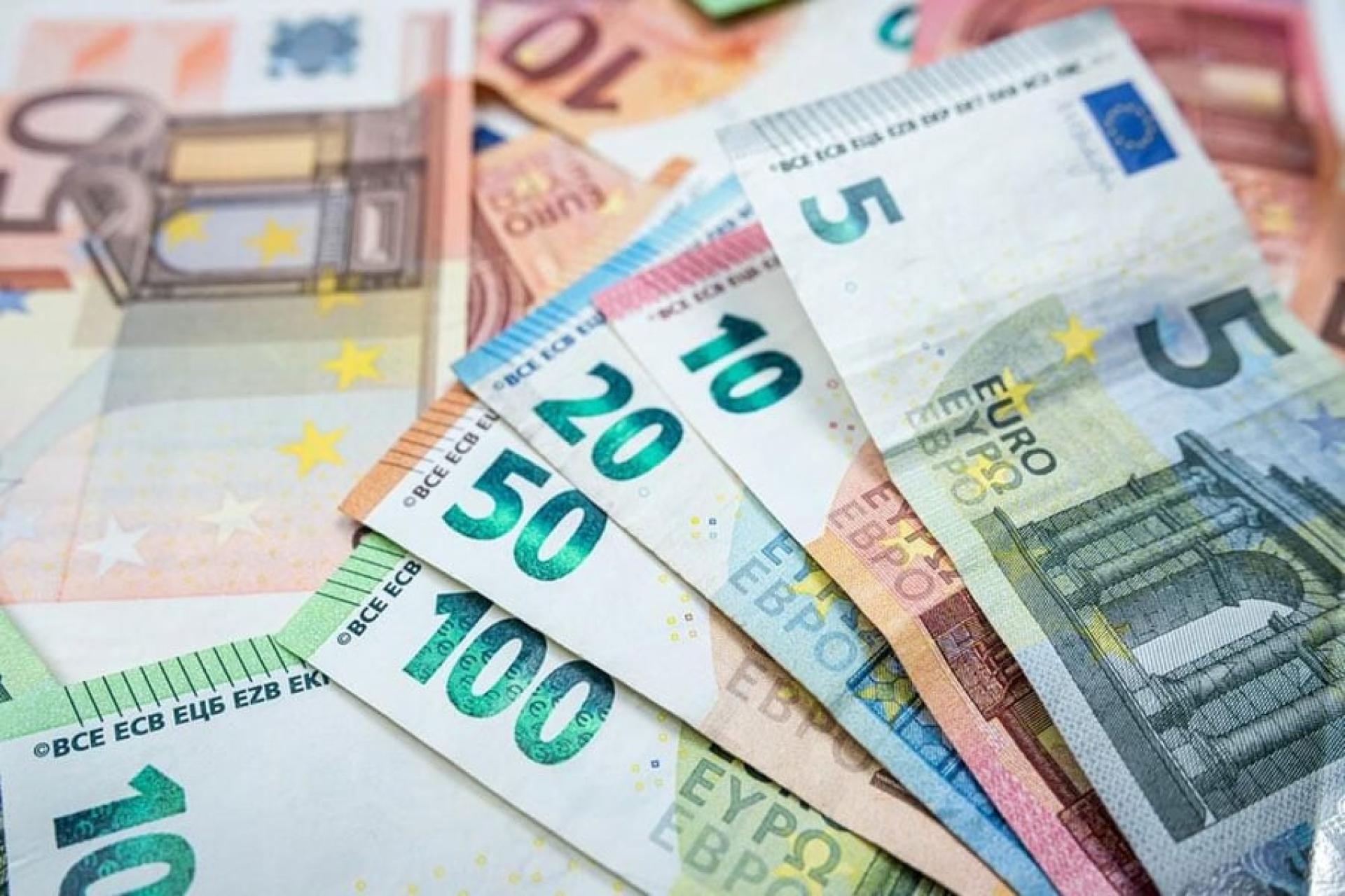The Council of the European Union announced on the 8th that all legal procedures have been completed, confirming that Bulgaria will adopt the euro on January 1, 2026, officially becoming the 21st member of the eurozone.
On the same day, the Council of the European Union passed the last three pieces of legislation, one of which sets the exchange rate of the euro to the Bulgarian lev after Bulgaria joins the eurozone: “1.95583,” meaning 1 euro equals 1.95583 Bulgarian leva.
With Bulgaria joining the eurozone on January 1, 2026, the country’s official currency will change from the lev to the euro.
As a Southeast European nation, Bulgaria joined the European Union in January 2007 and has been committed to joining the eurozone in recent years. In June of this year, the European Commission announced that Bulgaria had met all the criteria for entering the eurozone and was only awaiting approval from the Council of the European Union to join.
After Bulgaria was approved to join the eurozone on the 8th, the European Commission issued a statement noting that after switching to the euro, Bulgaria’s economy will become even stronger and have a positive impact on trade, foreign direct investment, financing, employment, and other areas with its eurozone partners.
On January 1, 2002, the euro began to circulate in 12 EU member states: Belgium, Germany, Greece, Spain, France, Ireland, Italy, Luxembourg, Netherlands, Austria, Portugal, and Finland. From 2007 to 2015, Slovenia, Cyprus, Malta, Slovakia, Estonia, Latvia, and Lithuania successively joined, and Croatia joined in 2023, forming the current 20 eurozone member countries.
